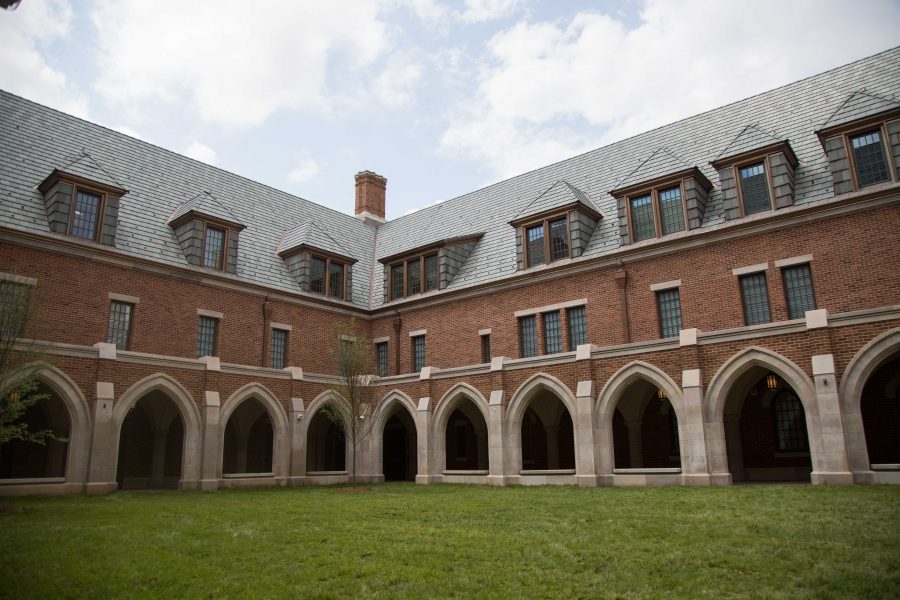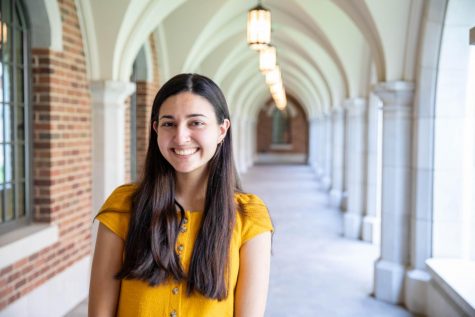The contrast between first-years’ experience on Commons and many second-years’ move to main campus living in Branscomb may become less stark in the coming decades. Vanderbilt administration has assembled a working group to investigate residential experiences for second-year students that will focus on gathering the best strategies for bringing residential programming to upperclassmen.
A Jan. 9 press release revealed the new committee of nine members, headed by Assistant Director of the Office of the Dean of Commons Natalee Erb and Associate Dean Dan Morgan.
“The motivation comes from thinking about, as the residential colleges really get built out, what are the next things we want to start doing with it?” Morgan said.
The university expanded its aims of educational residential experience to include not only Commons but upperclassmen housing as well in the March 2018 Residential Colleges Programmatic Visions Committee report.
“With such a strong first-year residential experience, second-year students often encounter more challenges then they anticipate in transitioning to their new position in the community,” Erb said in the release. “While they leave The Ingram Commons with greater awareness of themselves, one another, and the resources available to them, many still crave structured supports to easily guide them to those resources and to reassure them that they can continue to thrive in a new environment.”
The group will focus on national and local trends when compiling information for the report, Morgan said. For example, the group looks to explore what has prompted the term “sophomore slump” to come to fruition. On campus, the group will investigate second-year students’ involvements, interests, and academic and professional experiences.
Furthermore, the group will investigate how residential experiences can integrate with the new Immersion Vanderbilt program, which includes an immersion project as a graduation requirement, Morgan said.
“A lot of it is going to be gathering information on what is going on,” he said. “From there, what are the things that were doing,what’s working well, perhaps what are we missing, what are the opportunities to create some new ideas for at least what residential colleges can do to help meet those needs,” Morgan said.
The big picture idea behind residential housing expansion at Vanderbilt is that eventually, students will leave Commons and have the chance to apply to another residential college, Morgan said. Students will then have the opportunity to live in this same dorm for the remainder of their time at Vanderbilt.
Since this is a multi-decade venture, the group is going to plan not only for this future vision, but how to ease the transition, where students are split between the few existing upperclassmen residential colleges and the older dorms such as Branscomb and Towers East.
This current transition period has proven undesirable for some students. For second-year students living in residential colleges already, integration with the rest of the campus community has at times fallen short, second-year Kelly Santiago said, who lives in Kissam.
“I like living in Kissam but it’s definitely a completely different vibe than living on Commons was,” Kelly said. “It’s nice to be on main campus but Kissam can feel very quiet and secluded sometimes. There’s a lot of cool events and opportunities provided by residential colleges, but personally I don’t feel the same sense of community that’s so strong within Commons houses.’
The model is going to differ from Commons in some ways, and this new committee will set out to determine exactly how so.
“We’re not designing Commons 2.0 in that sense, but we’re in the idea generation phase of what do we want that to look like,” Morgan said. “We also need to take a step back and say that this is going to take 20 years, but what will it look like while we get there.”
The working group will meet over the next four months and compile and deliver a report for the provost in April 2019.



